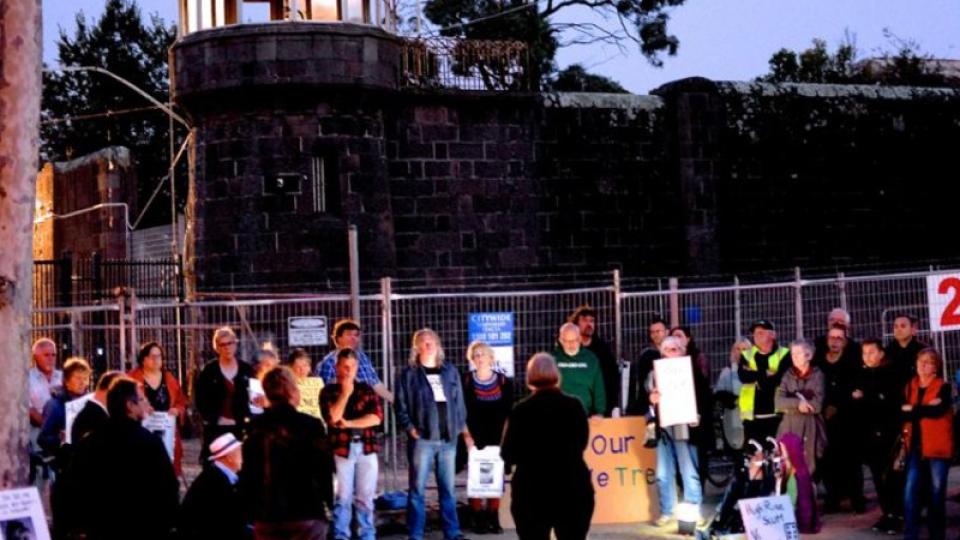Four socialists elected to Melbourne councils

There has been a surge of support for socialist candidates in the Victorian local councils elections, with four socialists elected to three councils. The postal vote ran from October 6-23.
Sue Bolton, standing with a team of Socialist Alliance members and independents, was re-elected to the City of Moreland Council for a third term, winning 12.1% of the vote.
Jorge Jorquera from the Victorian Socialists was elected to Maribyrnong council for the first time, receiving 8.76%.
Stephen Jolly and Brigid O’Brien were re-elected to the Yarra Council with 26.07% and 15.13% of the vote respectively. This will be Jolly’s fifth term as councillor.
Other socialists also received significant votes: Sarah Hathway (Socialist Alliance) received 15.81% in the Greater Geelong council; George Kanjere (Victorian Socialists VS) received 12.6% in Darebin Council; Liz Walsh (VS) received 10.61% in Maribyrnong Council and Nahui Jimenez (VS) received 10% in Moreland Council.
Socialists have received strong votes in Maribyrnong previously, with then Socialist Alliance candidates Stuart Martin receiving 18.9% in 2008 and Margarita Windisch receiving 12.4% in 2013. They were not elected because others' preferences went against them.
Yarra council is now a Greens-socialist majority council: not a single Labor Party candidate was elected.
All five Greens candidates were elected after preferences were distributed. The council is Australia’s first Greens’ majority council.:
Jolly and O’Brien were the first elected in their wards, and Jolly was the only candidate to receive more than the quota. He has announced he will stand for mayor.
The Darebin Council results are still to be officially declared but it is looking as if the make-up will be three Labor, Labor-aligned independent Gaetano Greco, three Greens and two Greens-aligned independents.
On November 6, the Greens announced to their state conference that the party had won 36 council positions across Victoria, up from 29.
Labor’s strategy, which was aimed at unseating the Greens, clearly failed. Its loss of inner-city state seats to the Greens in recent years shows that the latter has built up a good base of support through local council positions.
The Labor state government amended the Local Government Act in April, decreeing that all council elections would be conducted by postal voting and that all councils would revert to single member wards in four years.
The former disgraced local government minister Adem Somyurek also decreed that the Darebin Council would shift to single member wards for the current election.
For several decades, Labor and the Liberal Party have not run pre-selected local council teams: their candidates usually run as independents, behind the fiction that local councils should not be politicised. Party names are not listed on the ballot paper, unlike at state and federal elections.
This time, however, the Labor party ran a preselected ticket for the inner-north ward of Moreland Council and Labor candidates worked closely in other inner-city councils under the party’s name.
Their tickets ran with a narrow agenda of “roads, rates and rubbish”: one Labor candidate told a Brunswick Residents Network candidate meeting that “councils had no business to try and reduce the use of fossil fuels”.
Labor lost all its positions on the Yarra council, did not increase its numbers on Darebin Council and increased its number by only one in Moreland. The newly-elected Moreland Labor councillor Milad El-Halabi is now subject to a police investigation over alleged voter fraud.
[This article was first published in Green Left, 9 November 2020.]